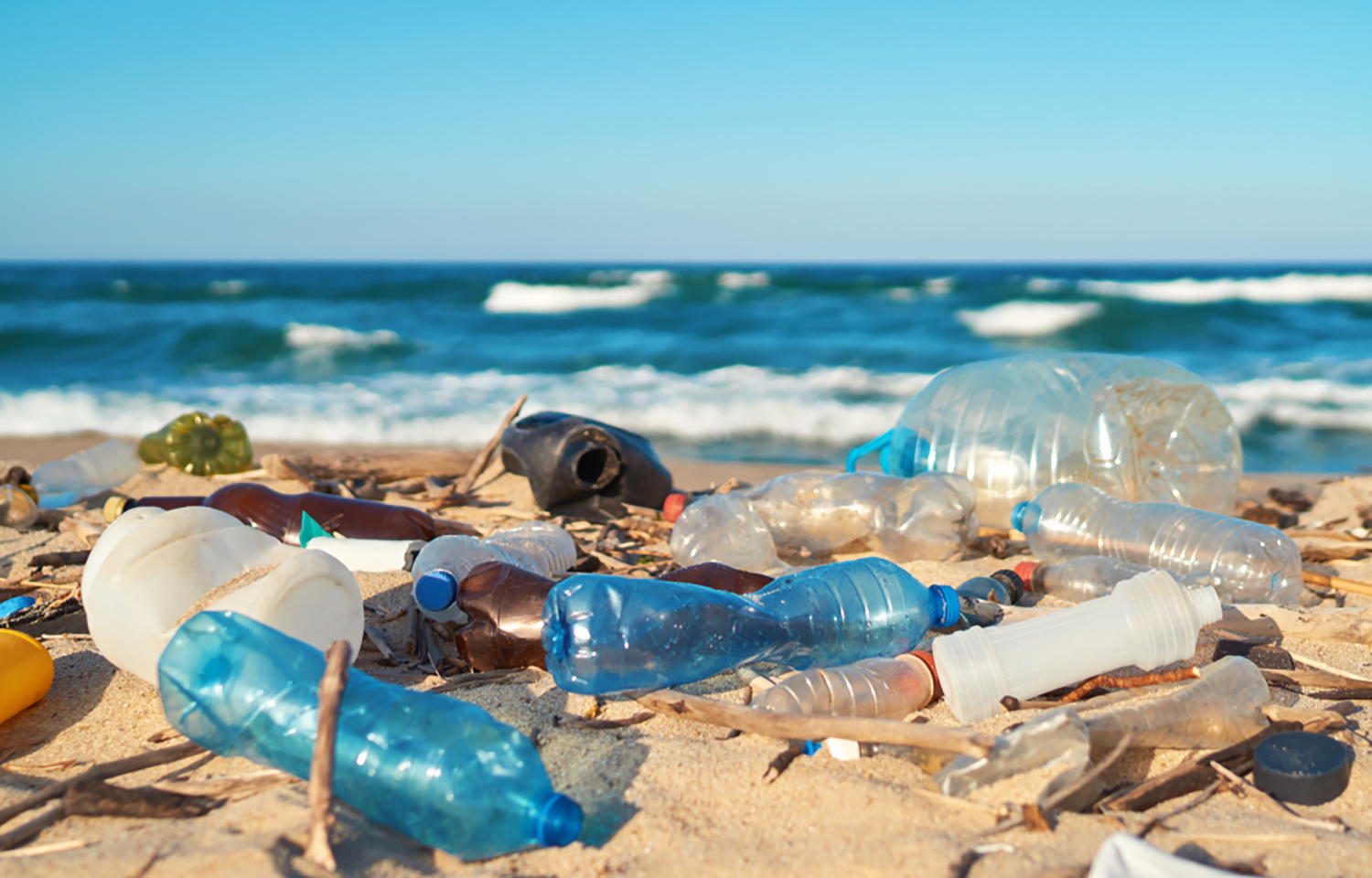Ahead of the fourth round of United Nations negotiations (INC-4) aiming to create a legally binding Global Plastics Treaty, nearly 30 U.S. environmental organizations representing over 15 states and territories have called on the Biden administration to intensify efforts to combat plastic pollution around the world.
In their letter to the administration, the groups outlined how the U.S. is particularly well-suited to become a leader in plastic reduction and how the timing of INC-4, taking place 23 to 29 April in Ottawa, Canada – nearly a year and a half after INC-1 – presents a perfect opportunity to take action.
“We have an unprecedented opportunity to address these urgent environmental threats," Anja Brandon, the associate director of U.S. plastics policy at Washington, D.C.-based environmental advocacy nonprofit Ocean Conservancy, said. “With 75 percent of Americans considering plastic pollution entering the ocean a pressing problem, the government must get on board.”
The zero draft for the Global Plastics Treaty was released ahead of INC-3, which took place from 13 to 19 November 2023 in Nairobi, Kenya.
Though the draft includes many of the recommendations groups put forth prior to its release, the Ocean Conservancy urged member states to prioritize specific, globally binding targets in the treaty’s final version that narrow in on actionable steps relevant parties can take to combat plastic pollution.
“The zero draft is a solid starting point for the negotiations, and we were glad to see that all of Ocean Conservancy’s priorities were included in the text. As it stands, the zero draft is broad and provides an array of options of varying strength,” Global Ghost Gear Initiative and Ocean Conservancy International Government Relations Senior Director Ingrid Giskes said. “We are glad that this format allows room for negotiators to deliberate, but it also means that our focus in the upcoming negotiations will be to advocate for a final version that is specific, comprehensive, and ambitious.”
A 2020 study published in Science estimated plastics in the world’s aquatic ecosystems total somewhere between 24 and 35 million metric tons (MT), but expected that number to rise to as much as 53 million MT by 2030, even when considering current reduction commitments. To effectively address this, the study said overall plastic consumption and usage must be reduced by 25 to 40 percent, depending on the average income level of a country’s citizens, by 2030.
This figure aligns with an Ocean Conservancy proposal for the treaty that seeks ...








